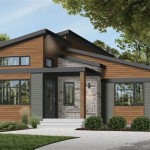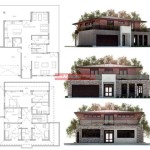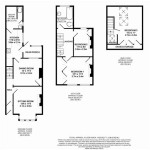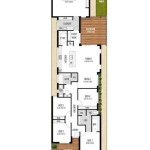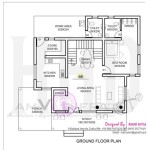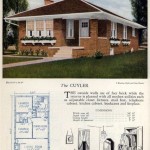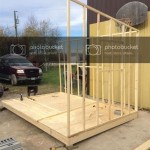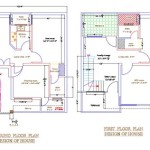Essential Aspects of Little House Plans
Little houses have a unique charm that captivates many. Whether you desire a cozy retreat or a functional living space, careful planning is crucial to create a comfortable and efficient home. This guide will explore the essential aspects to consider when choosing or designing little house plans:
1. Size and Layout
Determine the appropriate size and layout based on your lifestyle and needs. Consider the number of rooms, the desired flow between spaces, and any specific requirements you may have. Efficient layouts maximize space while providing comfortable living areas.
2. Functionality
Beyond aesthetics, functionality is paramount. Ensure that the plan includes all necessary features, such as bedrooms, bathrooms, kitchen, and living space. Consider storage solutions, natural lighting, and energy efficiency to create a practical and livable home.
3. Materials and Construction
The materials used in construction will impact durability, cost, and energy efficiency. Choose materials that suit your budget and climate, such as wood, stone, or metal. Consider energy-saving features like insulation, double-glazed windows, and solar panels.
4. Exterior Design
The exterior design should complement the surroundings and reflect your personal style. Consider factors such as roofing material, siding, and paint colors. Add architectural elements like porches, balconies, or bay windows to enhance visual appeal.
5. Landscape and Outdoor Space
Even the smallest houses can benefit from outdoor space. Plan for a patio, deck, or garden to extend your living area and connect with nature. Consider outdoor furniture, landscaping, and privacy fencing to create a comfortable and inviting outdoor haven.
6. Site Selection
If building on your own land, carefully consider the site's characteristics. Factors like soil conditions, drainage, sun exposure, and access to utilities will influence the house's design and construction.
7. Budget and Timeline
Establish a realistic budget and timeline for your project. Consider material costs, labor expenses, and potential permits or inspections. Be prepared for unexpected expenses and allow for some flexibility in the timeline.
8. Design Flexibility
Choose a plan that allows for customization and future modifications. Consider the possibility of expanding or reconfiguring the house as your needs change. Modular or prefabricated homes offer flexibility in design and can save time on construction.
9. Energy Efficiency
Prioritize energy efficiency to reduce utility costs and environmental impact. Consider insulation, energy-efficient appliances, and renewable energy sources like solar panels. Passive design principles, such as natural ventilation and daylighting, can further enhance energy savings.
10. Professional Assistance
If necessary, don't hesitate to seek professional assistance from architects or contractors. They can provide valuable insights, ensure building code compliance, and help you navigate the construction process.
By considering these essential aspects, you can create a little house plan that meets your specific needs, reflects your style, and provides a comfortable and fulfilling living environment.

Tiny House Floor Plans With Lower Level Beds Tinyhousedesign Design

15 Budget Friendly Tiny House Plans For Maximum Space And Comfort

2 Bedroom Tiny House Plans Blog Eplans Com

House Plan 68572 Traditional Style With 395 Sq Ft 1 Bed Bat

27 Adorable Free Tiny House Floor Plans Craft Mart

27 Adorable Free Tiny House Floor Plans Cottage Small

The Best 2 Bedroom Tiny House Plans Houseplans Blog Com

Affordable Tiny House 18 X 28 Adu In Law Cabin Guest Small Home Plans And Blueprints

Tiny House Floor Plans 32 Home On Wheels Design

Tiny House Plans Designed To Make The Most Of Small Spaces

